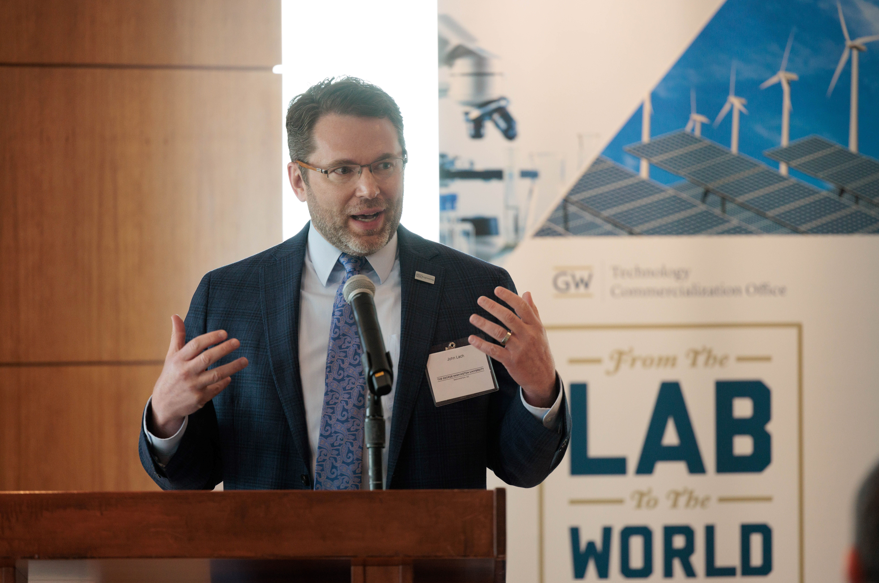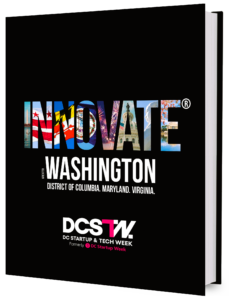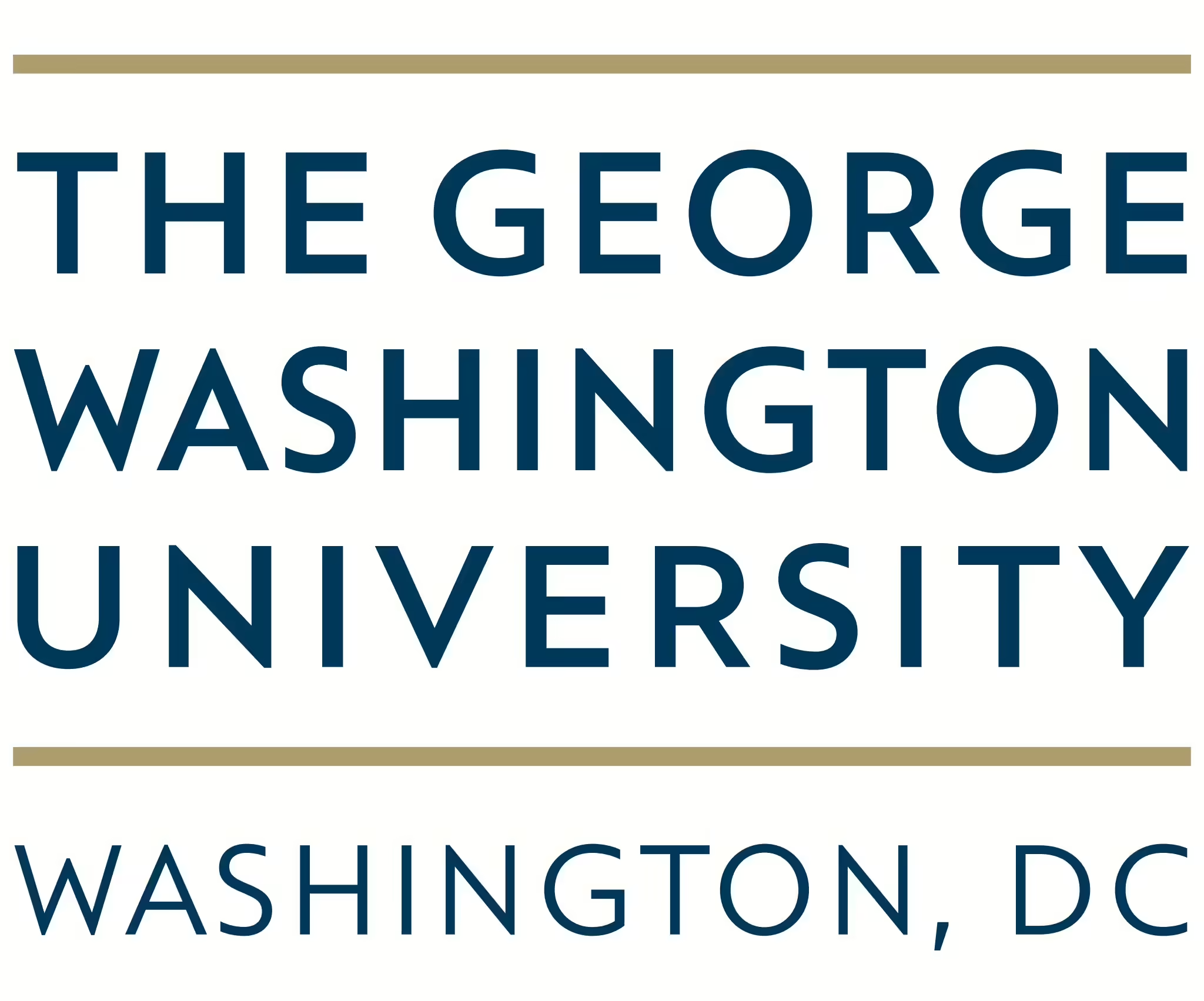Technology Commercialization Office and Office of Innovation & Entrepreneurship
Inspire, Innovate, Impact
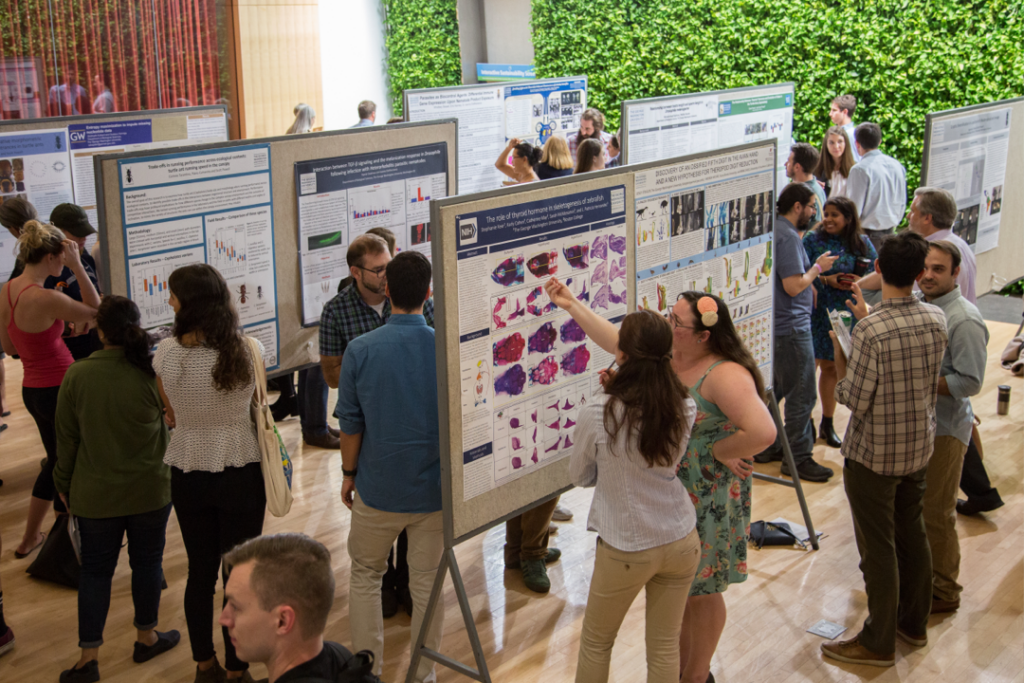
The George Washington University (GW)
GW is a vibrant hub of innovation and entrepreneurship. At the core of this dynamic institution are two offices founded in 2010: The Technology Commercialization Office (TCO), a powerhouse dedicated to transforming groundbreaking research into real-world applications, and the Office of Innovation & Entrepreneurship (OIE), fostering an environment where visionary ideas become impactful new ventures.
A Catalyst for Change
The TCO has been instrumental in translating GW’s investigations into the world’s most complex challenges into impactful solutions. “Our primary goal is to transition GW inventions to the commercial marketplace, and our main tool for accomplishing that is intellectual property licensing,” says Brian Coblitz, Executive Director of the TCO. “We help move GW technologies from the lab to the world, transforming innovative ideas into impactful solutions.”
With its 500,000 square feet of state-of-the-art research space, GW’s Science and Engineering Hall underscores GW’s commitment to cutting-edge research. This facility houses various departments and provides a fertile ground for pioneering research in everything from life-saving medical devices to next-generation satellite propulsion systems and computing hardware.
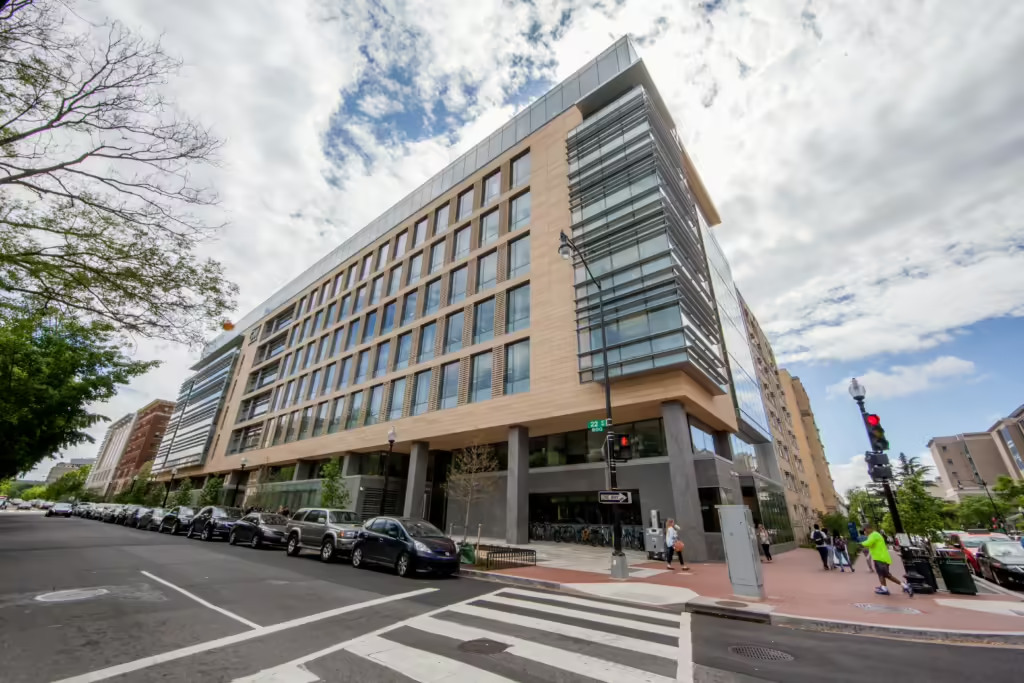
Empowering Visionaries
The OIE trains innovators and entrepreneurs across the GW community, including faculty, researchers, students, alums, as well as innovators within organizations around the world. OIE’s practical, experiential training and programs complement the university’s educational mission, instilling the principles of creativity, problem-solving, value creation, independent thinking, and personal responsibility to help trainees become the next generation of impactful changemakers.
GW students and faculty participating in OIE programming have launched over 350 startups and raised over $1 billion in follow-on financing. A flagship program of the OIE, the GW New Venture Competition, has a 16-year history of serving over 3,000 student entrepreneurs and awarding over $2 million in prizes. OIE also provides Lean Startup training and mentorship through its Mentors-in-Residence and Team Development programs.
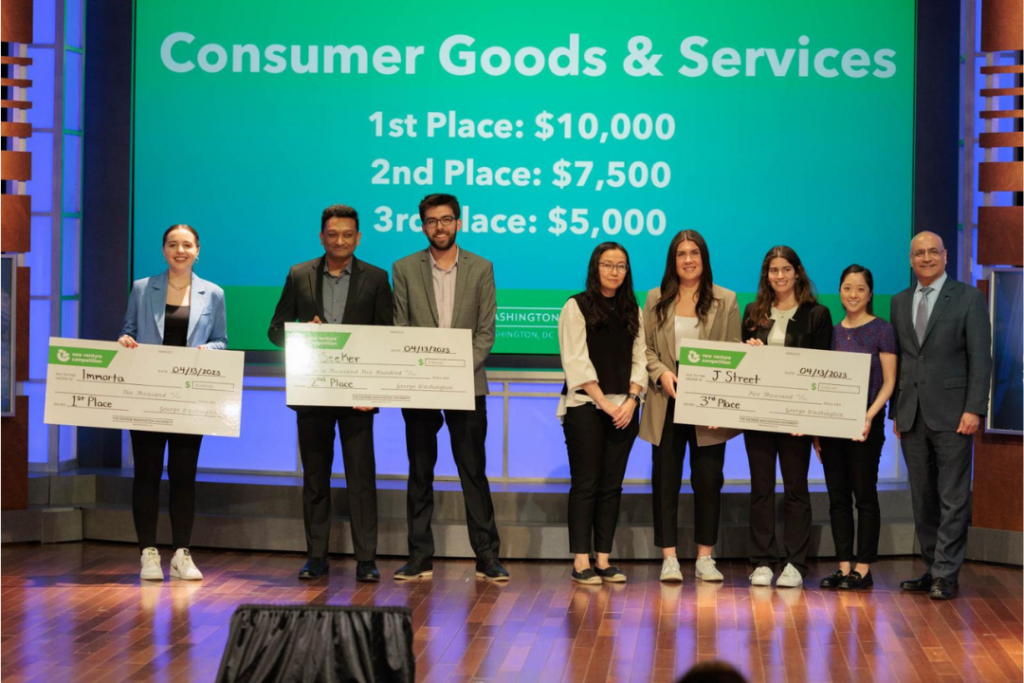
Building Regional Innovation Resources
The TCO and OIE collaborate with various regional and national programs to foster a culture of entrepreneurship and innovation. As part of a $15 million National Science Foundation I-Corps Hub, the OIE is boosting regional innovation and providing experiential learning opportunities for faculty and researchers in the Mid-Atlantic region. The TCO co-presents educational and business events with regional entrepreneur groups, investment groups, technology transfer offices, and national startup accelerators.
“Innovation and entrepreneurship represent a learnable mindset and skill set that any student, in any discipline, can apply to their studies and career,” says Kate Heath, OIE’s Director of Student Entrepreneurship. “Our team is passionate about creating best-in-class learning experiences, making sure that everyone can see the relevance of innovation to their work, and building a community where all are welcome.”
Startups Thrive on Tech from Nationally Recognized Inventors
“We focus on deal terms that make it easy for startups to license patents from GW,” asserts Coblitz. Since its inception, the TCO has licensed dozens of inventions to startups, covering a wide range of fields, including therapeutics and cutting-edge devices currently in clinical trials or on the market.
In 2013, GW became a charter member institution of the National Academy of Inventors (NAI), and in 2023, GW launched its own NAI chapter, supported by multiple nationally recognized NAI Fellows. This commitment to innovation has helped create a vibrant ecosystem where research and entrepreneurship thrive.
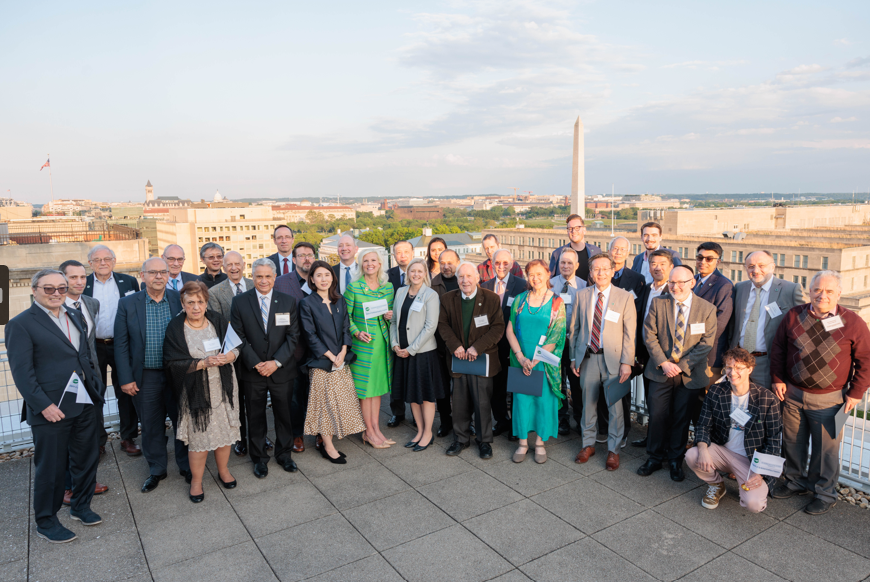
A Vision for the Future
GW’s early involvement in the National Science Foundation’s I-Corps program for lean innovation training significantly changed the research culture at GW. “Researchers learned how to get out of the lab and talk to people in the industry to understand their problems and challenges,” explains Bob Smith, OIE’s Director of I-Corps. This approach has helped focus research programs for more significant impact and success in obtaining funding while also training a new generation of entrepreneurs.
Looking ahead, GW is poised to solve pressing global problems by developing products and services from its research and the companies launched by its students and faculty. The university continues to grow the resources available to support new business formation through technological validation and mentorship.
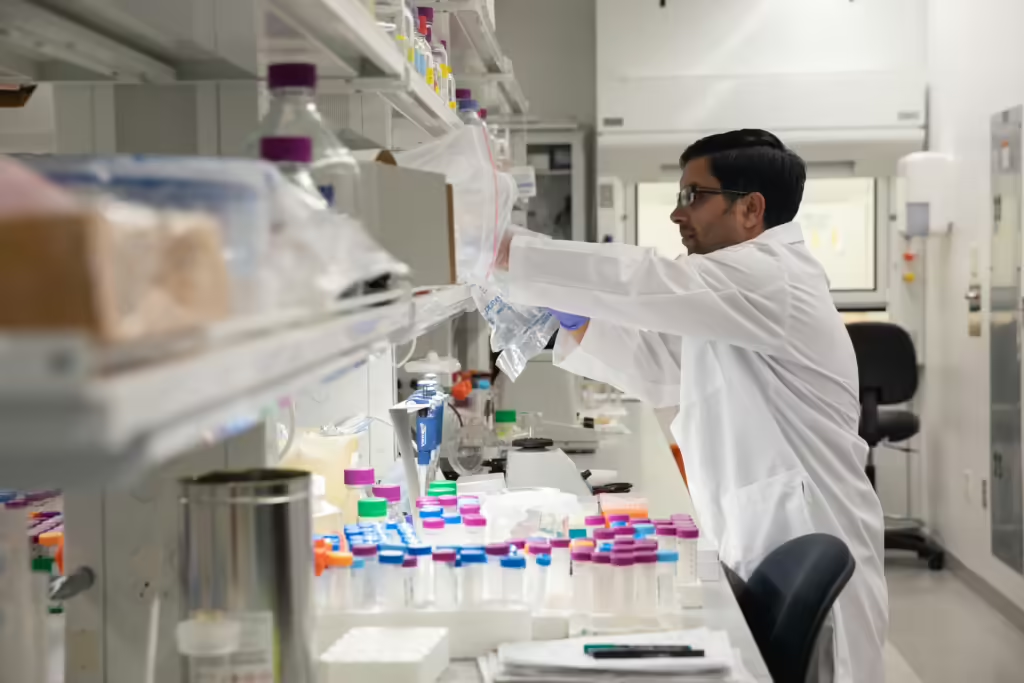
Leveraging Partnerships for Regional and Global Impact
GW is a founding partner of the Penn West Equity & Innovation District, committed to leveraging technology and creative urban planning to chart the future of American downtowns. With access to low-cost, highly flexible workspace, proximity to diverse tech talent, and connections to government and policymakers, Penn West offers an inclusive and accessible location for all innovators.
“In collaboration with the immigration experts at The Build Fellowship and Penn West, we introduced a competitive part-time employment opportunity for foreign national startup founders seeking immigration solutions to live, work, and build in the U.S.,” shares Smith. This initiative underscores GW’s commitment to fostering a global innovation ecosystem.
A Commitment to Excellence
“GW has a wealth of expertise spanning technology, business, and law that can benefit new enterprises,” Coblitz says. “Partnership with GW can accelerate innovation in the Washington, D.C. region and beyond. We’re excited about the future and its possibilities for furthering our goal of transforming innovative ideas into impactful solutions.”
The George Washington University is not just a hub for innovation; it’s a catalyst for change, driving advancements that make a tangible difference in the world. Through its dedicated efforts, GW continues to pave the way for a brighter, more innovative future.
